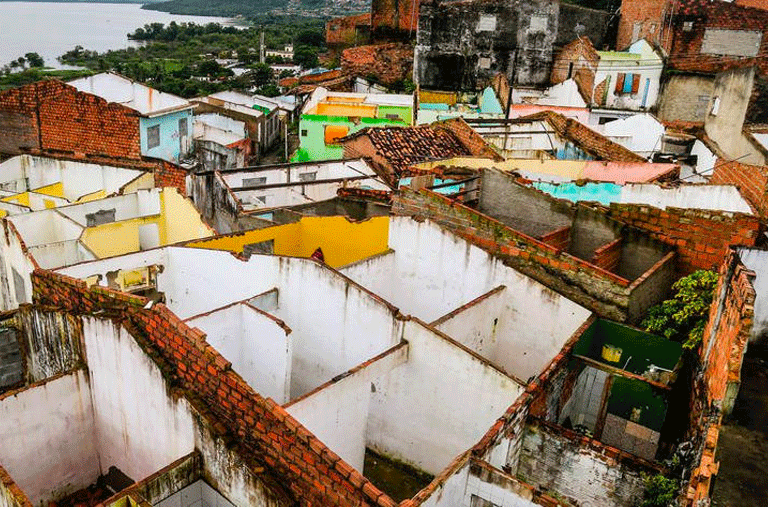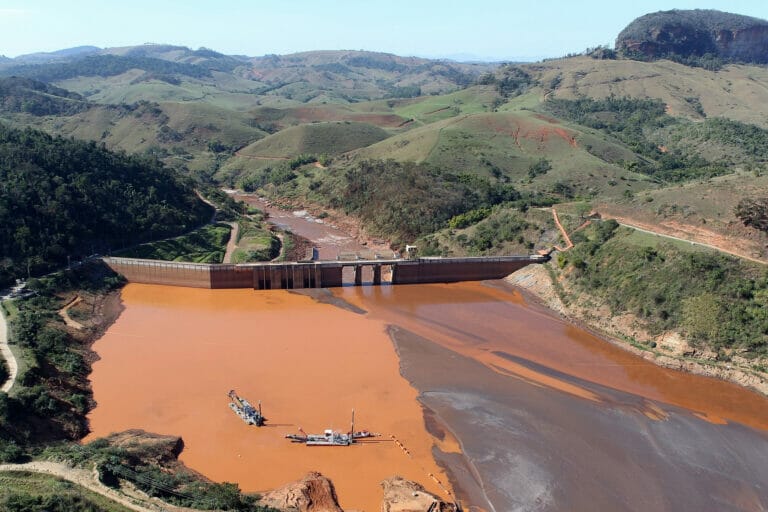In 2018, cracks, sinkholes and earthquakes linked to rock-salt mining activities caused huge damage to streets, houses, and buildings in several neighbourhoods in Maceió, the capital of the State of Alagoas in northeast Brazil.
Since tremors connected with the salt-mining activities started in the area, residents of the Maceió neighbourhoods have reported cracks in buildings and roads, in addition to the emergence of sinkholes. Many residents were forced to leave their homes due to fear that the building may collapse around them.
A report by the Brazilian geological service released in May 2019, blamed nearby salt mining by the Braskem Group, the largest petrochemical company in Brazil, for damage to the structural integrity of the property in Maceió.
Since 2020, Pogust Goodhead has been filing a claim in Dutch court against the Brazilian company (Braskem S.A.) and some of its Dutch subsidiaries involved in financing the mining activities that led to the socio-environmental disaster in Maceió.
In September 2022, the Dutch courts rejected Braskem’s arguments against jurisdiction, meaning the case will now be heard in the Netherlands, where the company has its European headquarters.
In July 2024, the Dutch court published its decision on the merits, recognising, in historic fashion, that Braskem S.A. is directly responsible for all the damages suffered by the plaintiffs. Both parties have informed the court that they will appeal the decision. Judgement on the appeals is expected to take place between the end of 2026 and the beginning of 2027.
Pogust Goodhead is seeking to hold the Braskem Group accountable for the continued damages caused by their actions.






